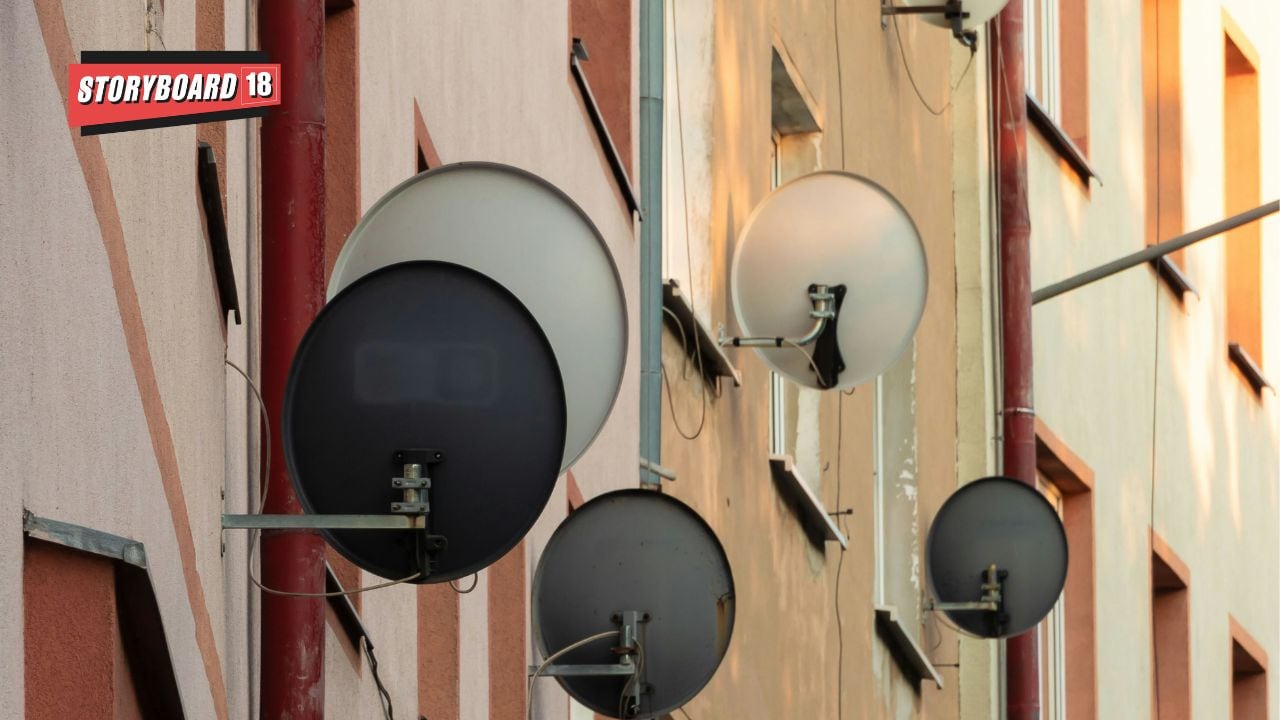Broadcast sector stakeholders in India are urging the Telecom Regulatory Authority of India (TRAI) to implement complete tariff freedom, a move they believe will help the pay TV industry compete with emerging and established platforms like OTT services and DD Dish.
The industry argues that the freedom to set their own prices, will allow them to better compete in a changing media landscape.
This matter was discussed in an open house discussion on April 18th to address issues raised in the 2023 Consultation Paper on ‘Review of Regulatory Framework for Broadcasting and Cable services’.
During the discussion, stakeholders urged for forbearance, comparing it to the telecom sector, where it has spurred growth. They emphasised the importance of a ‘level playing field’ for pay TV against unregulated OTT services.
Stakeholders had also raised the issue in the formal comments submitted on the consolation paper.
The News Broadcasters & Digital Association (NBDA) for instance had said, “That the manner in which the emerging digital technologies of content distribution and dissemination are not regulated at present, NBDA seeks deregulation of the linear TV or broadcasting sector. That the best recourse would be to adopt forbearance regime and permit the market forces to determine various issues including pricing of channels. The existing regulatory restraints are not only making the entire TV viewing experience unattractive but also unaffordable to the consumers.”
Other bodies like the Digital Cable & Broadband Operators Association had recommended forbearance and no capping on Carriage fees.
“TRAI has recommended forbearance on prices /rates of pay channels to the consumer despite the fact that prices / rates of pay channels directly affects close to 800 million consumers. At the same time TRAI has been recommending capping on carriage fee, which is clearly a business to business transaction and this is something which the Consumer is not affected or inconvenienced in any manner- -so why try and regulate or propose capping,” they said.
